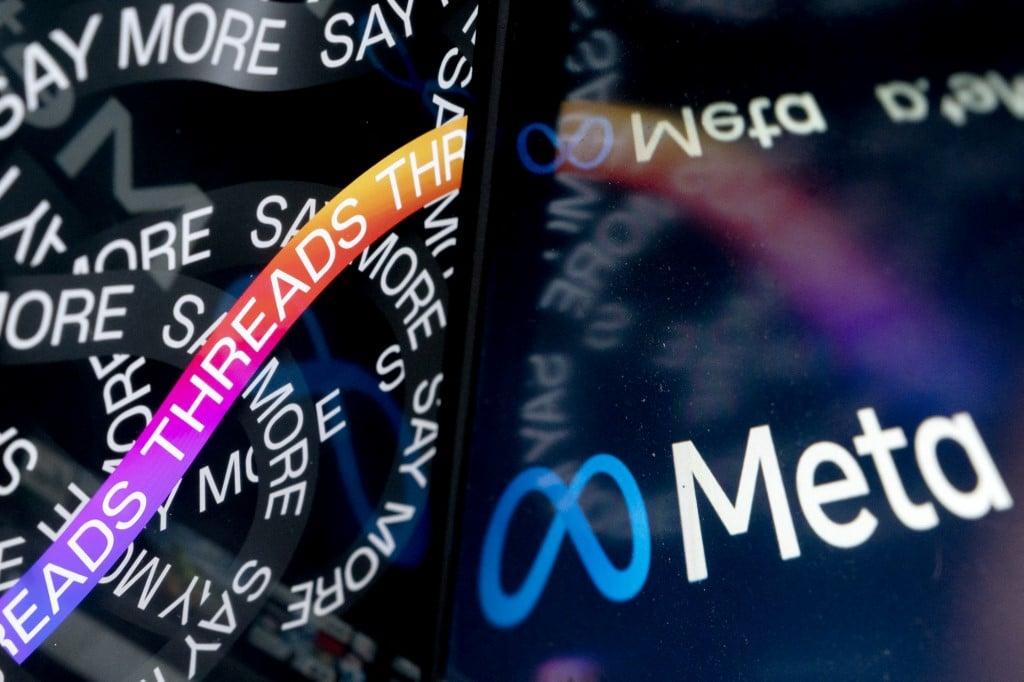Meta, the parent company of Facebook, has witnessed overall revenue growth, but its Metaverse division is grappling with significant financial setbacks. To counterbalance the losses, Meta had set its sights on AI and its new platform Threads, but both faced notable setbacks.
In its recent financial report, Meta announced second-quarter total revenues of approximately $32 billion, marking a 16 percent growth rate, accompanied by a net profit of around $7.788 billion. Advertising showed substantial gains, surpassing the initial market expectations of $31.12 billion projected by Refinitiv, a global financial market data provider.




